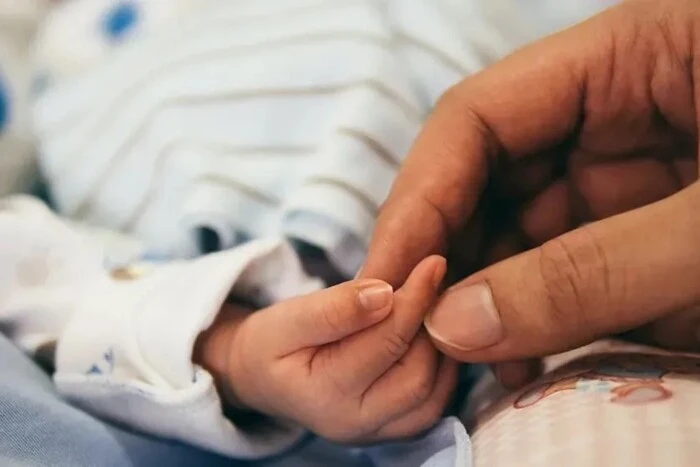Lowest figures in 60 years. Birth rate in the EU is rapidly declining.


The number of newborn children in the European Union reached a record low in 2023, indicating demographic issues. This is reported by the Financial Times.
According to data, in the 27 EU member countries, 3,665,000 children were born, which is the lowest figure since 1961. Compared to 2022, the birth rate decreased by 5.5%, which is the largest annual decline.
Eurostat forecasts had anticipated more births, but the actual results turned out to be lower than expected.
It is noted that the highest birth rate was in the 1960s when around 7 million children were born annually, and then this figure began to decline.
Experts predict that demographic problems will significantly impact the financial situation of states, as the active population will decrease, while healthcare and pension costs will rise.
The trend of declining birth rates is particularly noticeable in countries such as Italy, Spain, Greece, Poland, Finland, and the Baltic states. The number of newborns in these countries has decreased by at least 25% over the past 10 years.
It has also been found that women in the EU are having children at an older age. In 2022, the average age of women at the birth of their first child was nearly 30 years.
The UN believes that the decline in birth rates may be caused by several factors, such as lack of stable employment, rising cost of living and housing, as well as geopolitical tension, the COVID-19 pandemic, and climate change.
Senior economist at the Organization for Economic Cooperation and Development Willem Adema noted that it is now more challenging for young people to find jobs and housing than before.
In Germany, there is also a decrease in the birth rate - the total fertility rate in the country is 1.35 children per woman, compared to 1.58 in 2021. This means that during 2023, every eighth bed in the maternity ward remains empty.
Italy is also planning to implement a 'shock therapy' to increase the birth rate.
Scientists have also found a connection between worsening climate change situations and declining birth rates in Spain.
Read also
- The Occupant From Captivity Called His Mother, But She Made Up a Strange Reason Not to Talk to Him
- A Ukrainian Went to Fight for the Russians, but They Sold Him to the Ukrainian Armed Forces
- Cuban recounts how he became Putin's cannon fodder
- Trump's favorite newspaper appealed to him regarding arms supplies to Ukraine
- In Germany, a man opened fire from a window and injured a Ukrainian
- Captured occupant ended up in war because he wanted to get married










